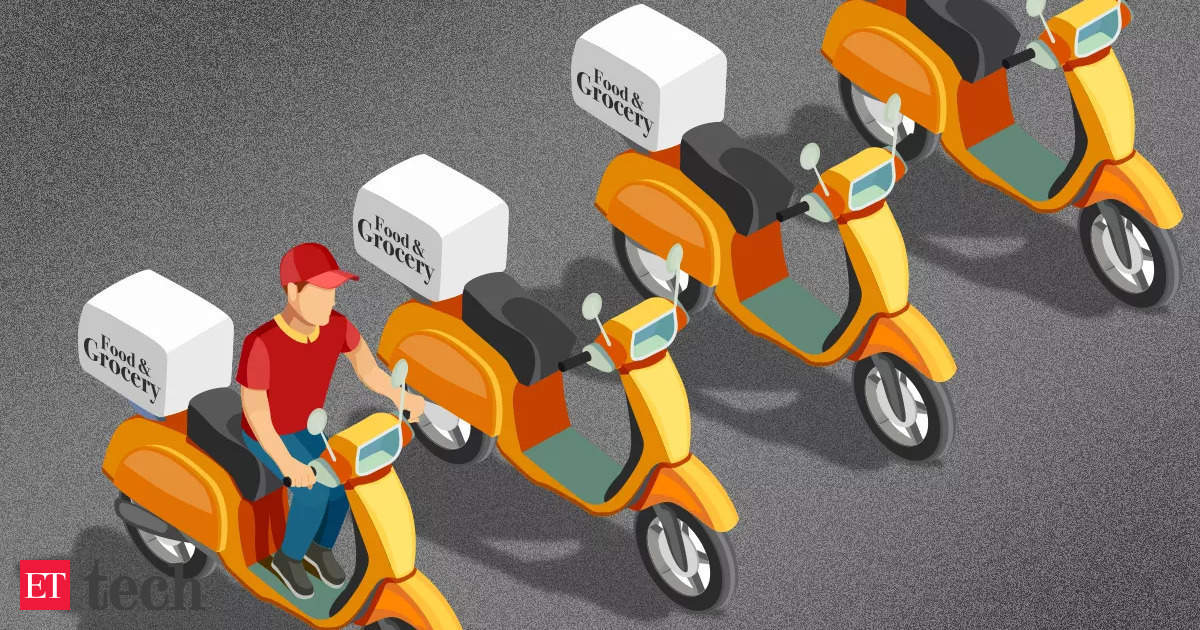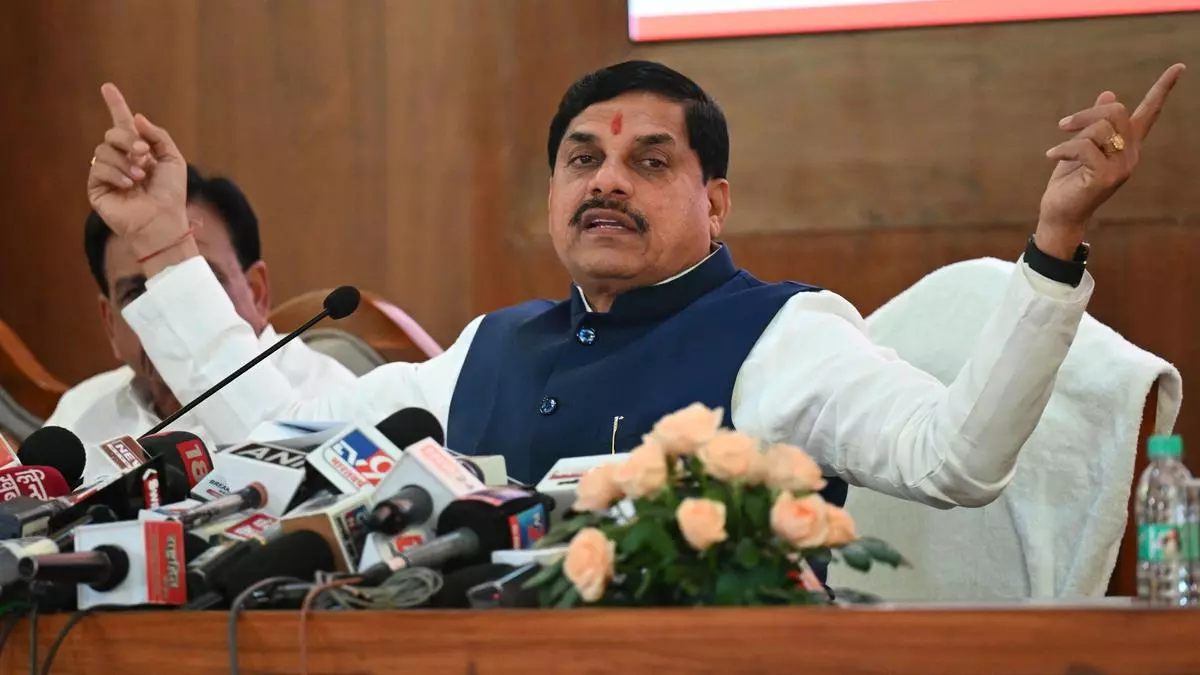Blinkit and Zepto, two leading quick commerce platforms, are making their way into the fashion segment through strategic partnerships with apparel firms and sellers. This move will allow them to list popular brands including Adidas, Pepe Jeans, Jockey, Manyavar, XYXX, and Mad Over Print. Although this marks new territory for both platforms, insiders suggest that they have the potential to become the go-to destinations for shoppers in certain use cases. Mumbai-based Zepto, which recently achieved unicorn status with a valuation of $1.4 billion, has already reached $1 billion in annualized gross sales. These platforms are preparing to add thousands of new SKUs in the coming months, expanding their offerings to over 10,000 products. This expansion beyond grocery and staples is expected to have a significant impact on the quick commerce market, affecting ecommerce giants like Flipkart and Amazon, as well as nearby kiranas.
To cater to the increased demand and diverse product range, Blinkit and Zepto are also strengthening their logistics networks. They are connecting with dark stores and improving delivery capabilities to ensure a seamless shopping experience. This expansion in strategy reflects the growing importance of quick commerce in India’s rapidly evolving retail landscape.
Blinkit CEO Albinder Dhindsa stated that the company is still experimenting with the fashion category and does not have a specific gameplan yet. He emphasized that their approach is customer-centric, focusing on meeting their needs effectively. Blinkit has achieved a Gross Merchandise Value (GMV) of over $1 billion in the first nine months of FY24.
Meanwhile, Zepto’s cofounder and CEO, Aadit Palicha, expressed excitement about the expansion into new categories such as apparel, beauty, home, and kitchen. He highlighted the increasing consumer demand for these products on their platform, leading to more frequent commerce and higher average user spend. With the addition of new brands and categories, Zepto aims to drive higher output per order and further enhance customer satisfaction.
However, the entry into the fashion segment won’t be without challenges for these quick commerce players. One of the main hurdles is handling returns, particularly in the fashion segment. Despite the challenges, industry executives believe that quick commerce has the potential to challenge traditional ecommerce platforms in a significant way, given the growing consumer demand and the ability to offer a wide range of products.
As these platforms continue to scale, costs for sellers on quick commerce may rationalize, resulting in potential price parity or even aggressive pricing compared to other platforms. Quick commerce has become an important channel for FMCG companies like HUL, Nestle, and Mondelez, which are investing more resources to leverage its growing popularity. With their expansion plans and evolving strategies, Blinkit and Zepto are poised to disrupt the ecommerce market and reshape the way consumers shop online.










